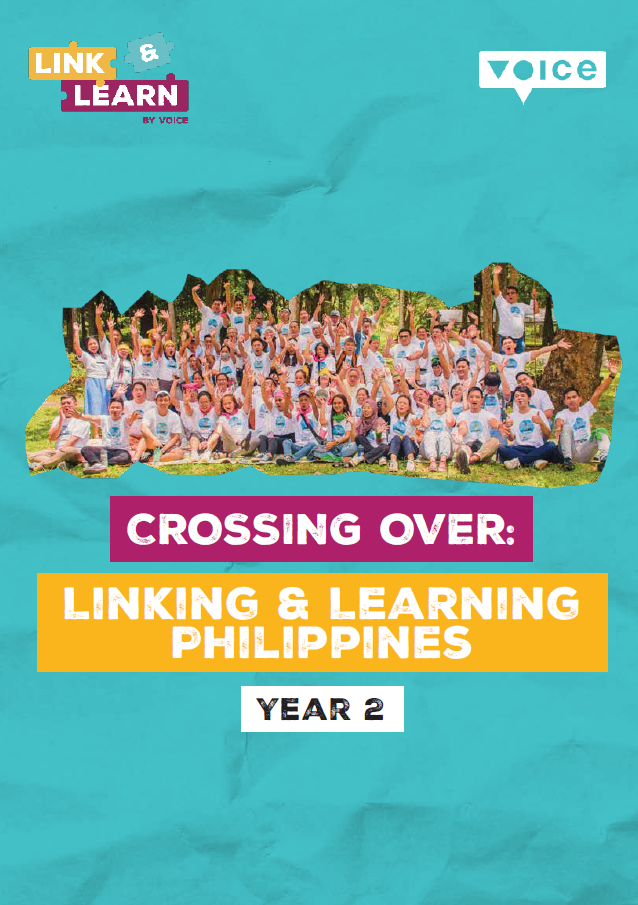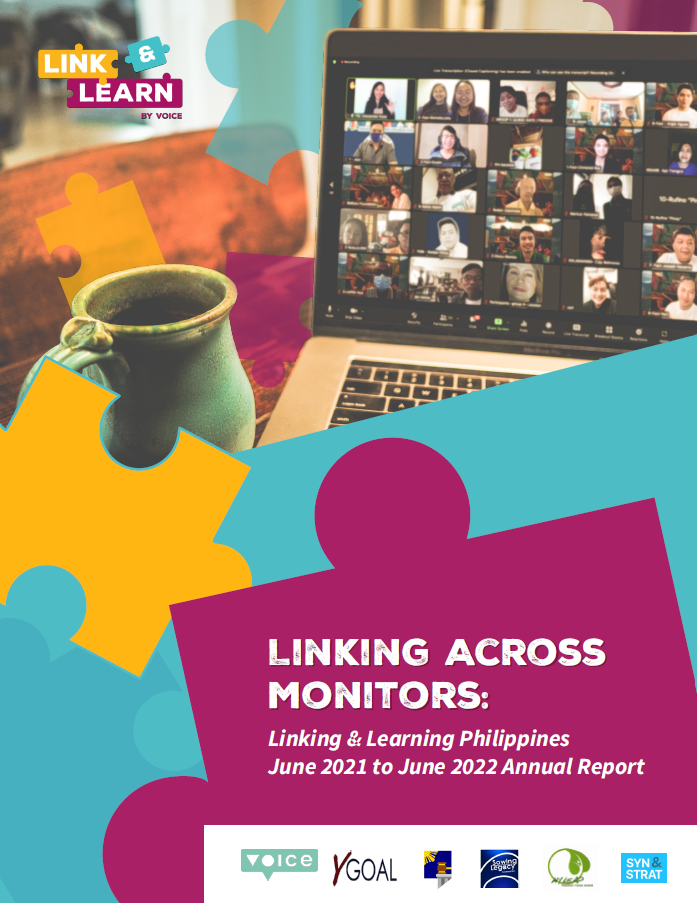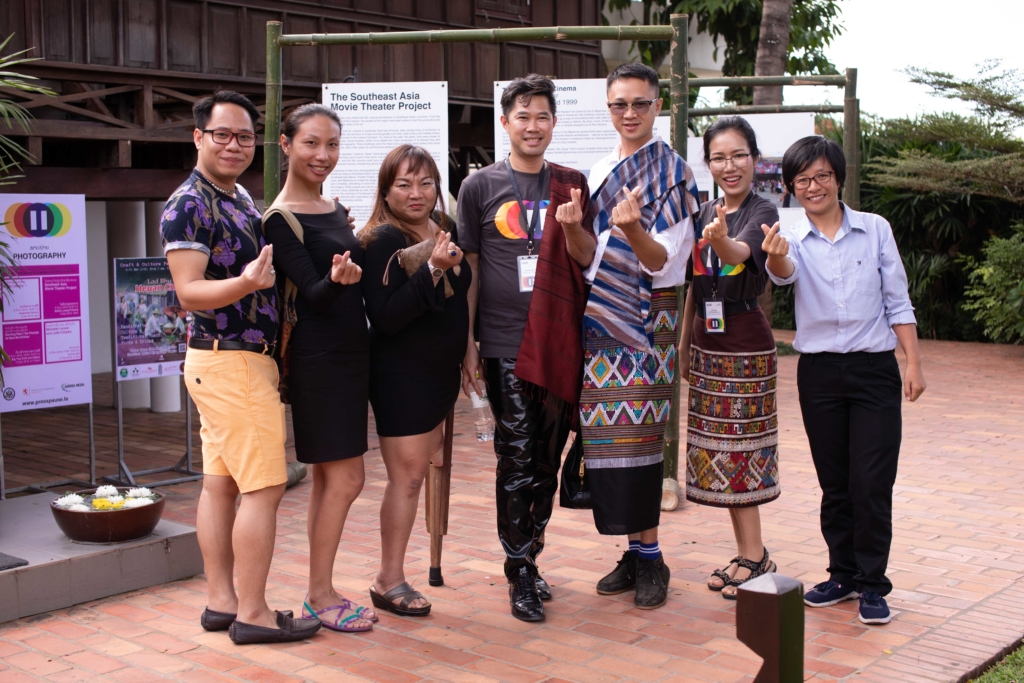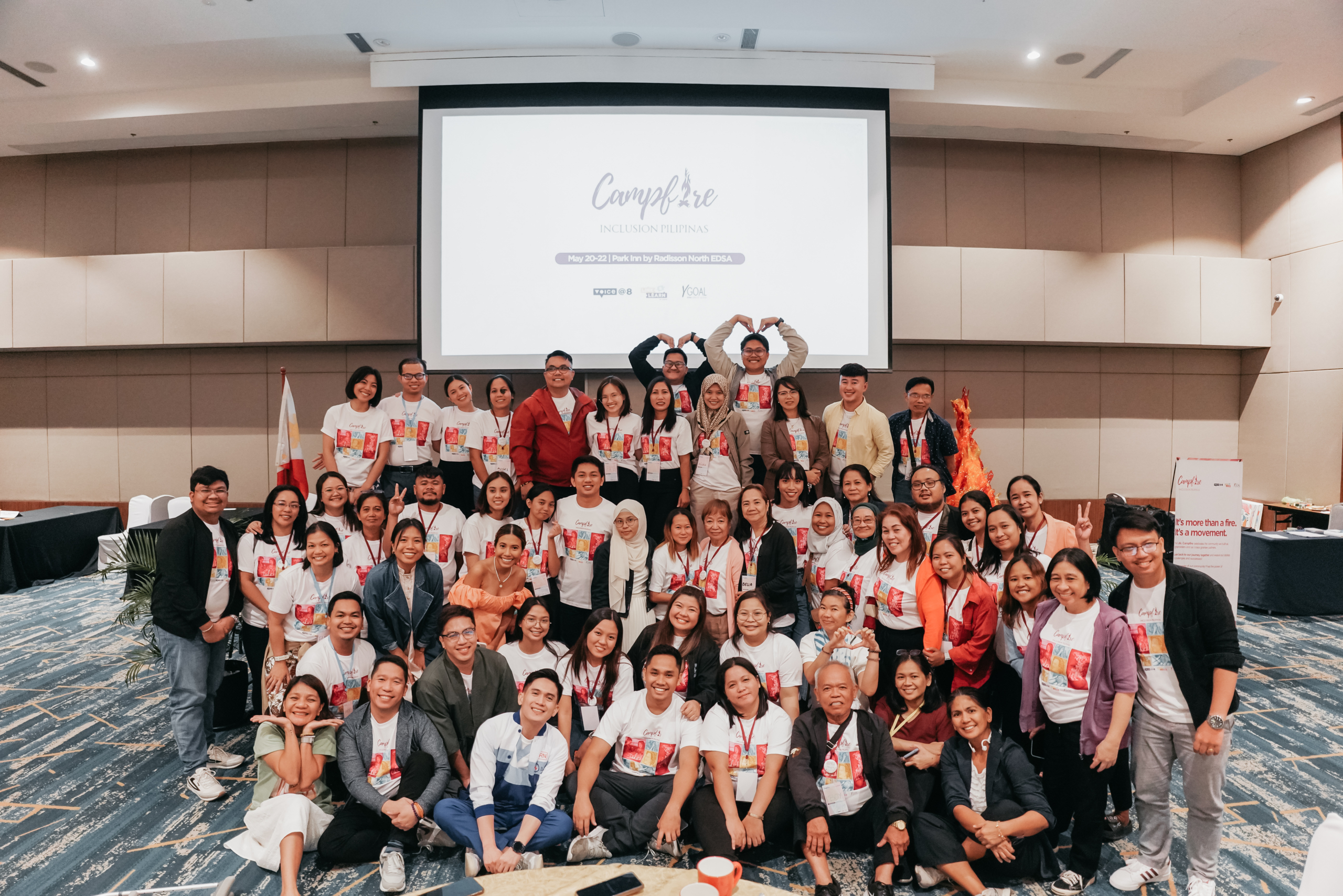Influencing change in times of crisis: Lessons on agility and coalition-building
By Anne Marie Rey, with Czarina Medina-Guce, and Cristina Batalla
This blog draws from the authors’ external evaluation of the Hivos Southeast Asia (now Yayasan Humanis dan Inovasi Sosial) – Voice Programme-supported influencing project in the Philippines, “Bringing Vulnerable, Outlying, and Indigenous Communities to Engage the Management of the Dead and the Missing (MDM) implemented by Initiatives for Dialogue and Empowerment through Alternative Legal Services, Inc. (IDEALS) from April 2019 to December 2020.
Instituting an MDM program in conflict-affected areas is a complex endeavor. Governments and civil society organizations in such places are often exposed to stresses such as poverty, inequality, violence, crime, and political exclusion. These result in weak institutional capacities to provide support and services to the most vulnerable sectors.
The Bring Voice to MDM project dealt with these challenges while navigating through the limitations brought by the ongoing COVID-19 health crisis. As project evaluators, we share key lessons from the project which may help organizations navigate complex political spaces towards their vision of change.
Lesson 1: Agile strategies are paramount.
Agility is essential in project interventions when confronted by issues as complex as MDM service delivery and as disruptive as the COVID-19 pandemic. It begins with a grounded understanding of the local context for we cannot respond to problems we do not understand. This entails conscious and consistent efforts of recognizing changes that could potentially influence project implementation.
The ongoing COVID-19 pandemic further exposed, if not deepened, existing fractures in conflict-ridden areas where decades of turmoil have already restricted its political and fiscal spaces. When dealing with complex issues, organizations need to quickly understand and act on signals of change if they want to survive (and, of course, thrive) in rapidly changing environments. Strategies that may have worked before may no longer be applicable and effective in the contexts that we face today. As such, we draw from the experiences of Bring Voice to MDM and encourage organizations to embrace and embed agility into its processes—mastering the ability to quickly recalibrate its methods to ensure it remains responsive to the environment in which it operates. Alternative pathways are sometimes more strategic in delivering similar outcomes.
The Bring Voice to MDM project exercised agility when it decided to localize its focus for the policy lobby instead of the original national-level target. Focusing at the local level delivered a more targeted approach, shedding light on the cultural, ethnic, and regional considerations that must be accounted for when dealing with issues of violence and death in Mindanao.
Lesson 2: Political consciousness must lead to political engagement
Decades of dealing with the aftermath of disasters have shaped the experience of grieving for the dead and hoping for the return of the missing as a private and personal matter. It was not until participating in the Bring Voice to MDM Project did they realize that “may karapatan pala ang mga patay” (even the dead have rights). With the help of information dissemination and mobilization activities, the rightsholders developed a deep sense of political consciousness by transforming their personal experiences into a shared endeavor—a collective expression of claims for better services.
An important part of the work on political consciousness is to use it as a tool that not only analyzes inequitable structures and relationships but also builds new forms of inclusive and transformative systems that create opportunities for the betterment of the lives of the vulnerable. Developing political consciousness, therefore, serves as the foundation necessary for an informed and empowered community and their claim-making. To this, the Bring Voice to MDM Project was successful in instilling MDM awareness among government actors. Prior to the project, local government staff had little to no knowledge about the MDM national policy and its implementation guidelines, hence enabling the project to influence perceptions of decision-makers and gain support in institutionalizing MDM at the local level. Gaining knowledge about MDM and its program requirements is the necessary first step for local governments to explore ways on how to integrate its implementation into local planning and development.
Lesson 3: Networks amplify voices of the vulnerable
Individuals and groups coming together to form coalitions help amplify the voices of the marginalized to exercise their rights and influence government decisions. In many ways, coalitions can supply knowledge, skills training, resources (technical and financial) and other opportunities that communities can access to respond to their problems.
Strong coalitions require diverse voices. In areas with insufficient political will, concentrated efforts from different stakeholders could provide a strong base of support for any policy or programmatic change. However, coalitions are most impactful when those who are most affected by the issue play a major role in the coalition’s efforts and activities. In the case of Bring Voice to MDM, the communities were represented at the onset of project implementation by “champions” who drafted, lobby, and continue to advocate for MDM implementation. Going through such process enabled a greater understanding of community issues and contributed to increased empowerment among its members.
More than influencing policies, coalitions and networks can also serve as spaces where individuals and groups can reflect, process, and learn from each other’s experiences in managing conflicts and complexities. Organizations cannot simply operate as they have in the past as issues are increasingly becoming more complex and less predictable. Lessons from the Bring Voice to MDM project shed light on the emerging challenges associated with influencing change in situations disrupted by a wide spectrum of issues. But it also shares pointers to where more focus is required: (1) finding the balance between interventions that are responsive to rapidly changing environments yet attuned to the lived realities of the communities and (2) strengthening community participation and capacity to adopt and sustain interventions.
Amid challenging times, finding new and innovative ways to support and empower communities is vital in influencing change towards better lives for all.








